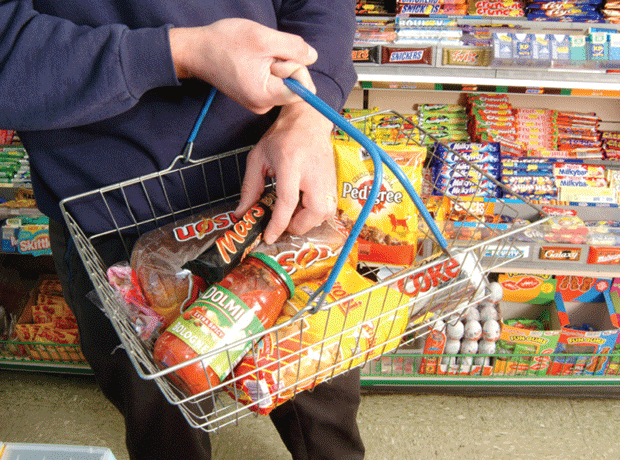Whoever you ask and wherever you look, it is clear that shopping locally, little and often, is becoming increasingly important for consumers. There’s lots of reasons for it: high fuel prices causing a reduction in car journeys the desire to stop wasting food by buying less on each trip and shoppers having less time in general, and less money.
As with many things in life, the trend is both good news and bad news. For many retailers, the past few years have been a virtuous circle. The growth in local shopping has given retailers confidence to invest in their stores, which has meant improvements in range and shopper comfort, further boosting sales. That’s all good news.
However, local shopping is not the same as independent shopping. While many independently-owned stores have prospered, many other perfectly good stores have slumped when a multiple retailer opens nearby. And with the major grocery multiples struggling for growth in their larger outlets, they are steaming into the neighbourhood sector or, as is the case with Morrisons, getting left behind.
Making an investment in developing a better store would normally be a no-brainer, with an almost guaranteed payback. But the prospect of a multiple opening up nearby means best-laid plans can be undermined before you start.
So it’s less of a no-brainer, more of a head-scratcher. And in some cases retailers are reacting by selling up altogether. It’s their choice, of course, but I still think that there are more rewards to be gleaned from the local store sector, and we will only get them by continuing to invest.






















No comments yet